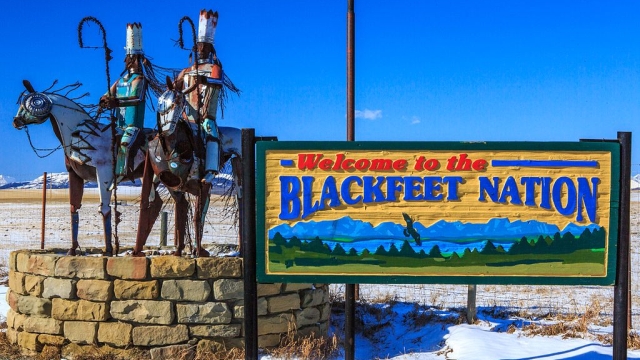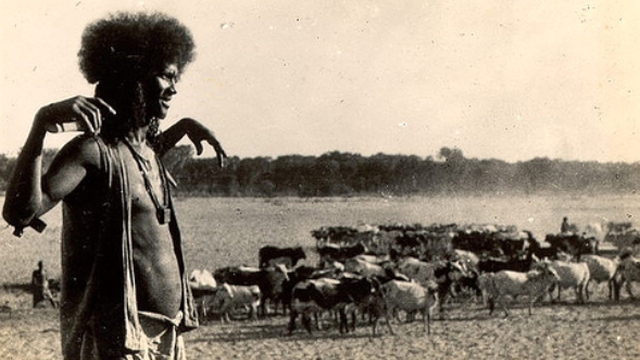
Blackfeet Nation presents hybrid knowledge system to the United Nations
This article is part two ongoing series of articles: cultural awareness in KM and KM in international development.
In this week’s installment of the article series “The case for indigenous knowledge systems and knowledge sovereignty”, Dr Zeremariam Fre discusses the potential for moving beyond the indigenous knowledge / scientific knowledge debate to establish hybrid knowledge systems.
A recent article from the Native American news service Indianz.com reports that Loren BirdRattler of Montana’s Blackfeet Nation presented such a hybrid knowledge systems approach to the United Nations Permanent Forum on Indigenous Issues in April this year. BirdRattler is project manager for the Blackfeet Nation’s Agriculture Resource Management Plan, and was supported at the forum by research partners at Montana State University (MSU).
Christopher Carter, an instructor for the MSU Native American Studies department and researcher in MSU’s Native Land Project, relays that forum members were impressed with BirdRattler’s presentation and the hybrid knowledge systems approach to planning that the Blackfeet Nation is using:
According to BirdRattler, the tribe can redefine natural and agriculture resource management by “inserting indigenous methodologies that are derived from traditional ecological knowledge and the practice of who we are as Blackfeet People.” … [and] this will let the tribe create new management concepts that mix the tribe’s core values with Western science.
Carter advises that BirdRattler’s presentation was so well received that the Blackfeet Nation has been invited back to speak more about its work to the United Nations General Assembly this fall.
Article source: Indianz.com.
Header image source: Adapted from 2013-3 US Tour 39-Mon-Col-Ariz-Cal. (8645165878) on Wikimedia Commons which is licensed by CC BY-SA 2.0.
Also published on Medium.






